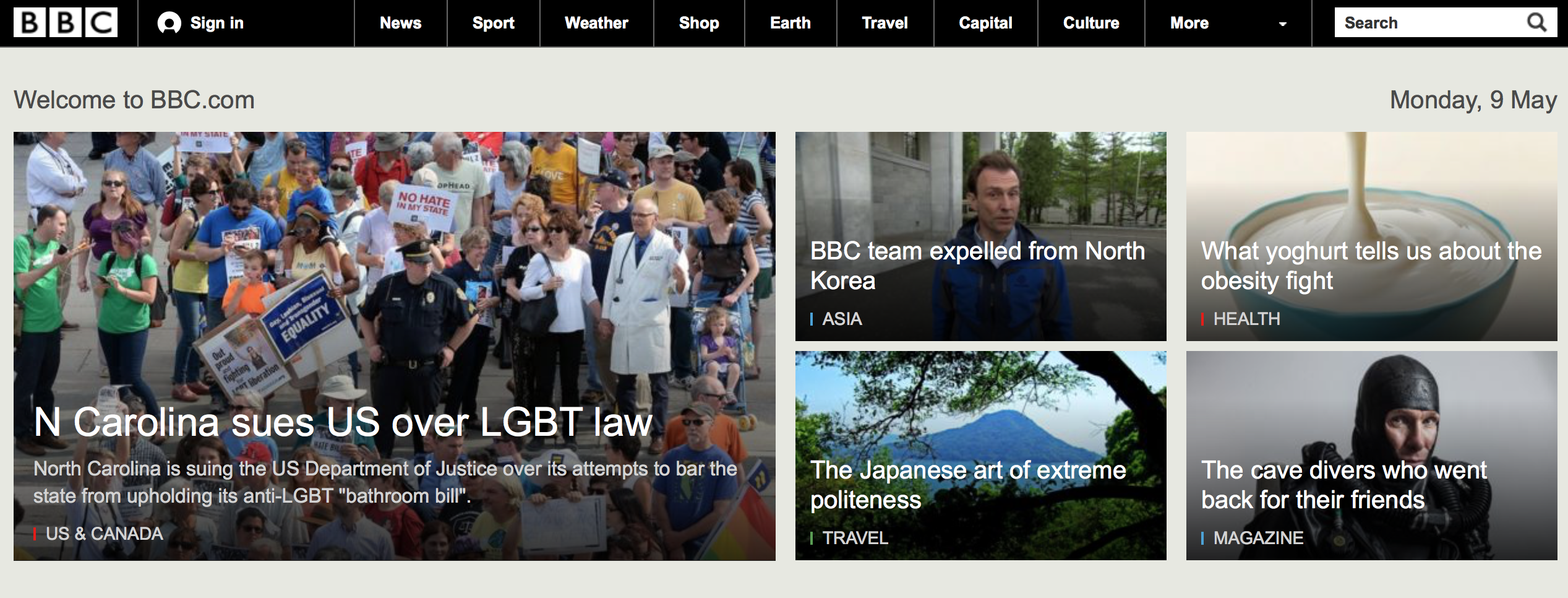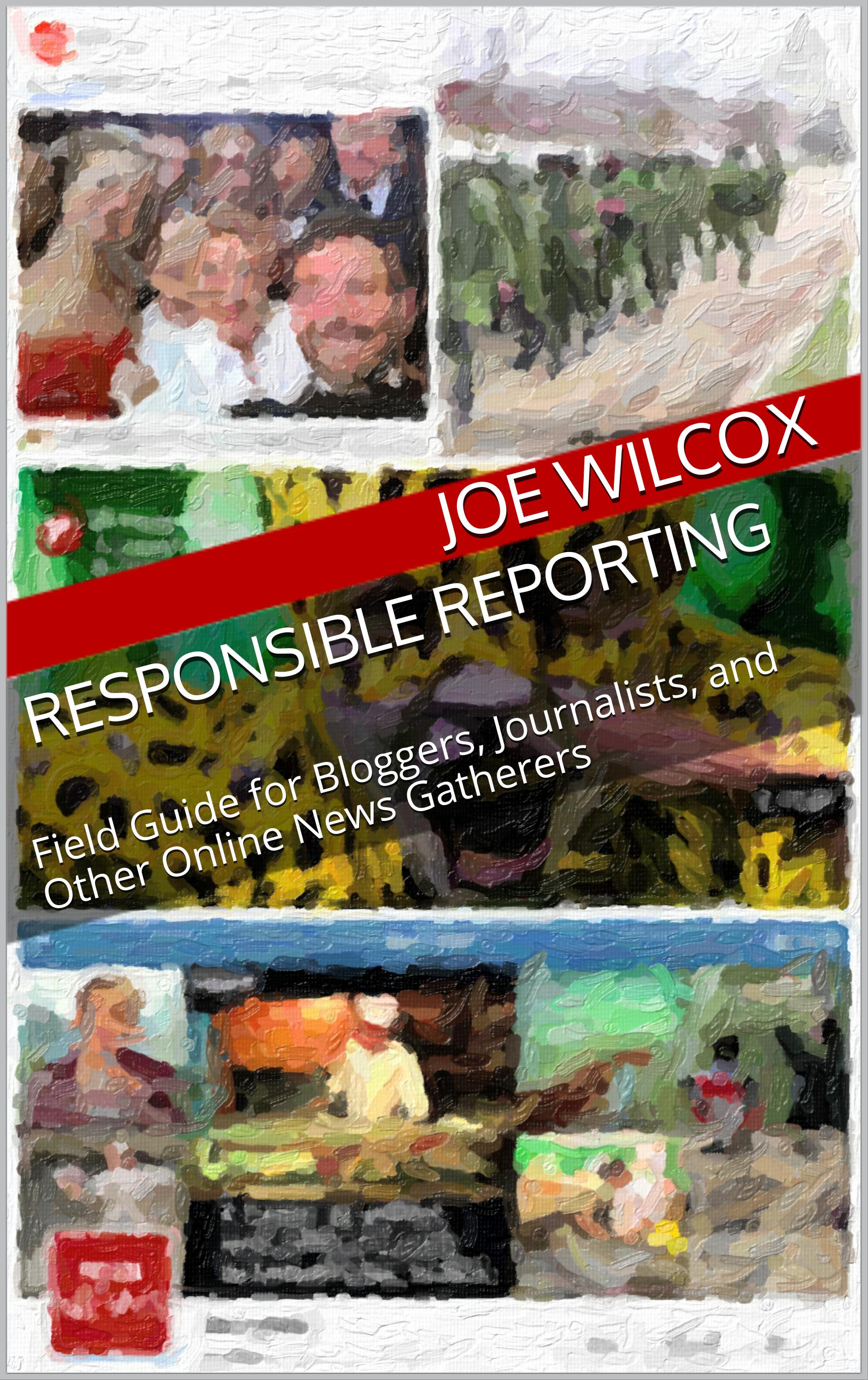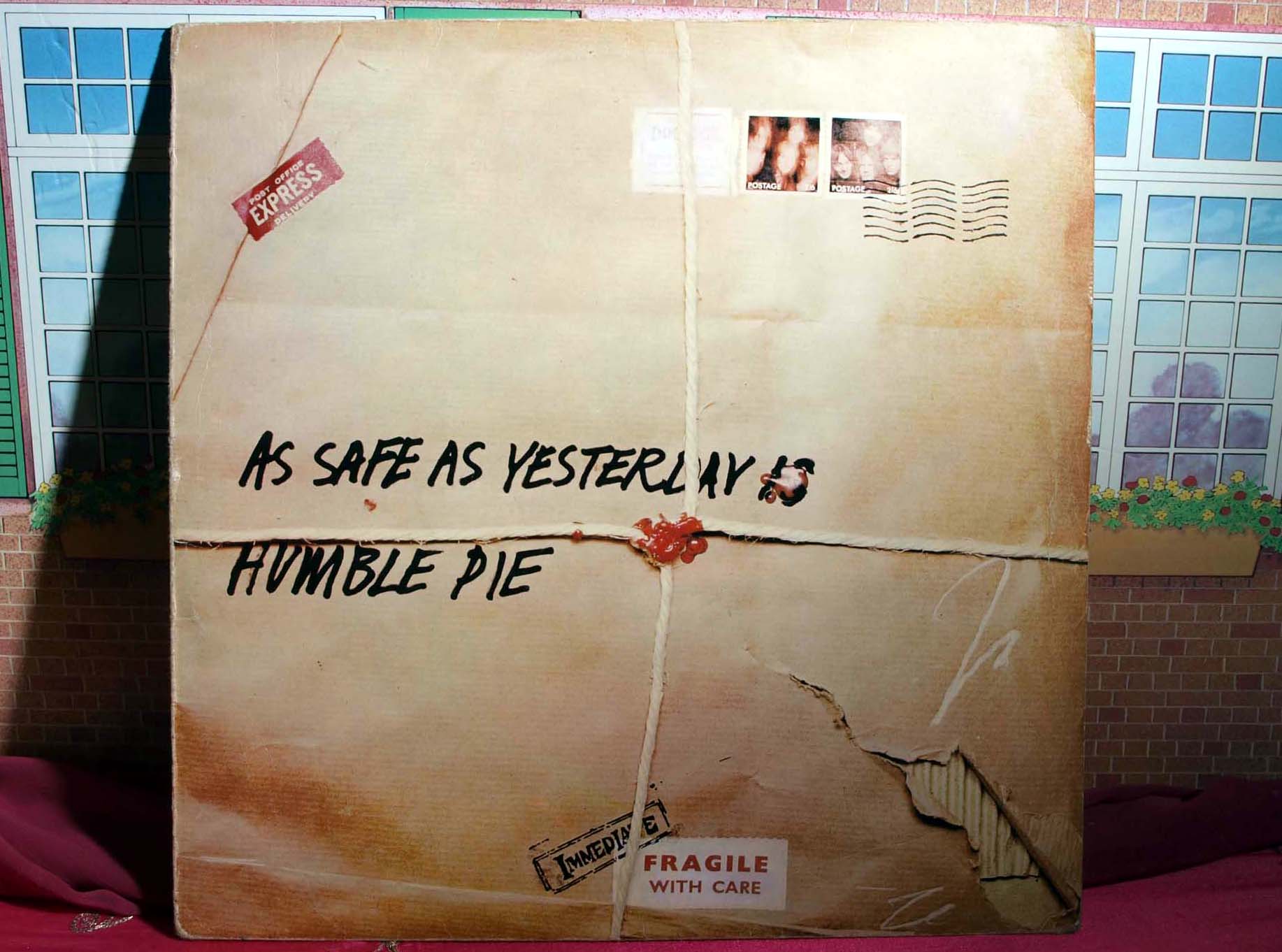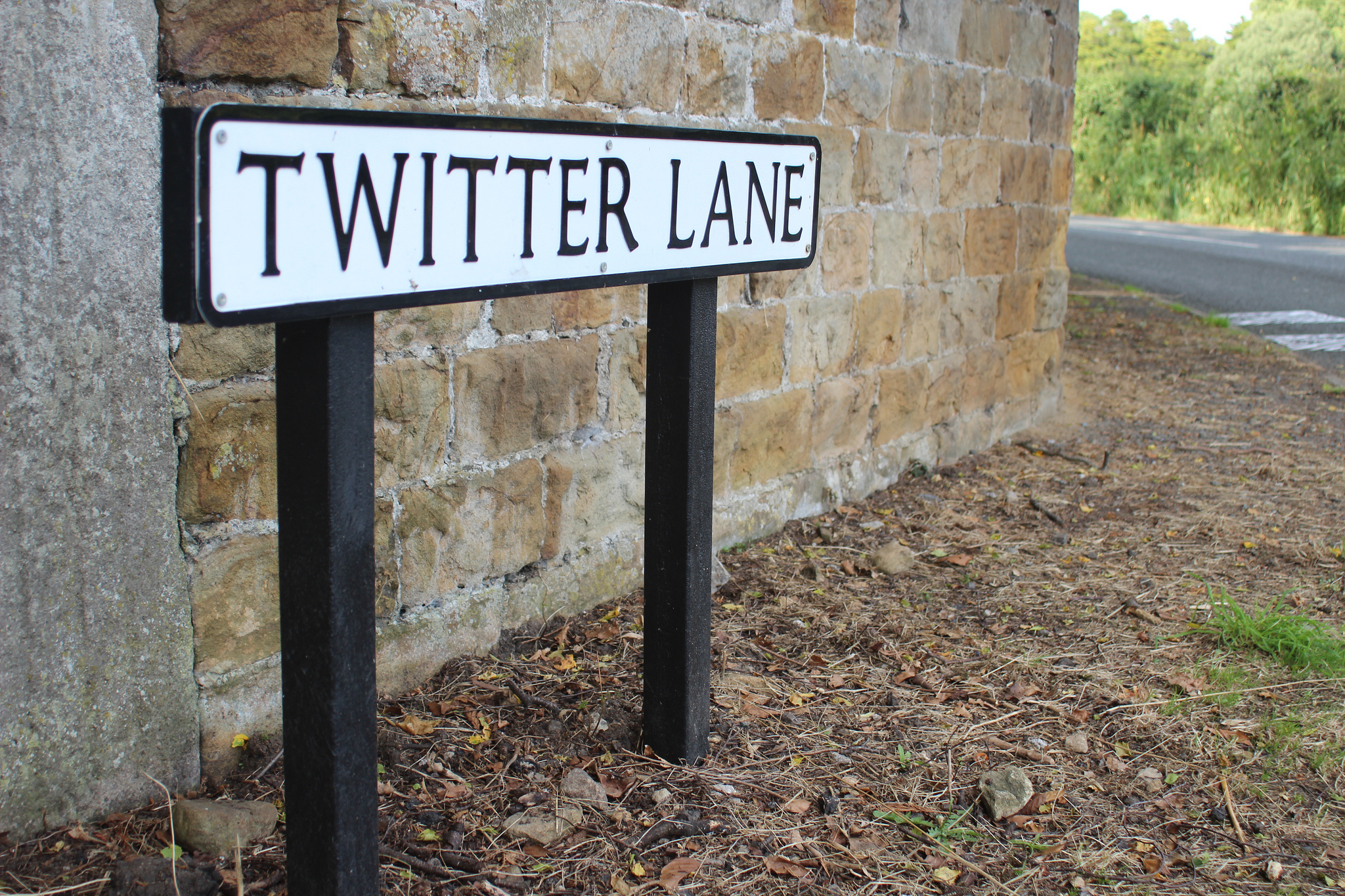I respect—and support—Twitter’s decision allowing Alex Jones to continue using the service. No other social network is as much about free expression, whether or not you agree with the viewpoints expressed there. I see YouTube in similar vain and, as such, wag my finger in condemning “shame on you” for following Apple’s lead and pulling Jones’ channel(s). (Vain is purposefully misused to make a point that I hope you get.)
For the record: I have never listened to or watched even a snippet of InfoWars. Meaning: I don’t stand up for Jones’ viewpoints but for his expressing them across social networks.










